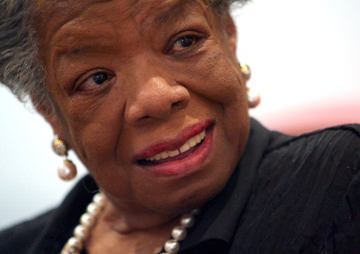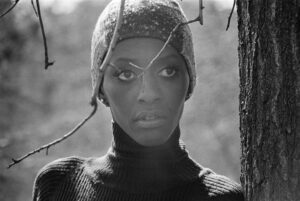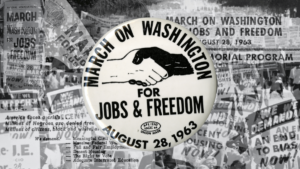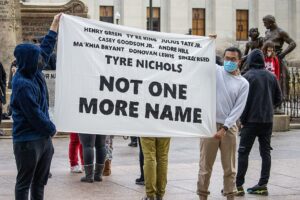Renowned Poet and Civil Rights Activist Maya Angelou Dies at 86
"You may write me down in history/ With your bitter, twisted lies/You may tread me in the very dirt/But still, like dust, I'll rise," Maya Angelou wrote in one of her many forceful, unforgettable poems. Dr. Maya Angelou. (AP/Mary Altaffer, File)
Dr. Maya Angelou. (AP/Mary Altaffer, File)
“You may write me down in history/ With your bitter, twisted lies/ You may tread me in the very dirt/ But still, like dust, I’ll rise,” Maya Angelou wrote in one of her many forceful, unforgettable poems. The “lyrical witness of the Jim Crow South” died Wednesday in her North Carolina home after “suffering from heart problems,” according to her agent.
History will not record her with lies, as it did her slave ancestors, but with accolades. Activist, dancer, actor, documentary director, newspaper editor, memoirist, mother, the list goes on and on. Friend of Martin Luther King Jr. and Malcolm X, Angelou fought alongside them with ardent passion throughout the civil rights movement, and her many works, be they film or literature, contributed meaningfully to the conversation about African-American rights with verse and imagery as beautiful as they are potent.
In her words, she lived a “long journey, a sweet one, bittersweet” and now, “leaving behind nights of terror and fear,” as “the dream and the hope of the slave,” she has risen from a world she helped forge with her fierce spirit and infinitely graceful voice; in her wake, an earth that now knows how to sing in ways only Angelou could have taught it to.
CNN:
Angelou’s legacy is twofold. She leaves behind a body of important artistic work that influenced several generations. But the 86-year-old was praised by those who knew her as a good person, a woman who pushed for justice and education and equality.
In her full life, she wrote staggeringly beautiful poetry. She also wrote a cookbook and was nominated for a Tony. She delivered a poem at a presidential inauguration. In 2010, President Barack Obama named her a recipient of the Presidential Medal of Freedom, the country’s highest civilian honor….
She sang calypso. She lived through horrors.
Her lasting contribution to literature, “I Know Why the Caged Bird Sings,” bore witness to the brutality of a Jim Crow South, portraying racism in stark language. Readers learned of the life of Marguerite Ann Johnson (Angelou’s birth name) up to the age of 16: how she was abandoned by her parents and raped by her mother’s boyfriend. She was homeless and became a teen mother.
Its publication was both daring and historic, given the era of its debut in 1969.
—Posted by Natasha Hakimi Zapata
Your support matters…Independent journalism is under threat and overshadowed by heavily funded mainstream media.
You can help level the playing field. Become a member.
Your tax-deductible contribution keeps us digging beneath the headlines to give you thought-provoking, investigative reporting and analysis that unearths what's really happening- without compromise.
Give today to support our courageous, independent journalists.






You need to be a supporter to comment.
There are currently no responses to this article.
Be the first to respond.